Flax
KSh8,500.00 Original price was: KSh8,500.00.KSh8,400.00Current price is: KSh8,400.00.
Flax seeds, also known as linseeds, are small, oval-shaped seeds derived from the flax plant (Linum usitatissimum). They have been cultivated for thousands of years and are widely recognized for their nutritional and health benefits.
The defining characteristic of flax seeds is their rich content of essential fatty acids, particularly alpha-linolenic acid (ALA), an omega-3 fatty acid. These seeds are one of the best plant-based sources of omega-3 fatty acids, which are crucial for maintaining proper brain function, heart health, and reducing inflammation in the body.
In addition to omega-3 fatty acids, flax seeds are an excellent source of dietary fiber, both soluble and insoluble. The high fiber content contributes to improved digestion, regulation of blood sugar levels, and promoting a healthy gut.
Flax seeds are also known for their lignan content. Lignans are natural compounds with antioxidant properties that may help reduce the risk of certain types of cancer, such as breast, prostate, and colon cancer. Flax seeds are the richest dietary source of lignans, surpassing other plant-based foods by a significant margin.
Furthermore, flax seeds are a good source of vitamins and minerals, including vitamin E, thiamine (vitamin B1), magnesium, phosphorus, and copper.
To derive the maximum nutritional benefits from flax seeds, it is recommended to consume them in ground or milled form. Grinding the seeds helps break down their tough outer shell, making the nutrients more accessible for absorption by the body.
Flax seeds can be incorporated into a variety of foods and recipes, such as smoothies, baked goods, cereals, and salads. However, it is essential to store flax seeds properly in a cool, dark place to prevent them from becoming rancid due to their high oil content.
Overall, flax seeds are a nutrient-dense superfood, prized for their omega-3 fatty acids, fiber, lignans, and various other beneficial compounds. Including flax seeds as part of a balanced diet can contribute to improved overall health and well-being.
Uses of Flax seeds
Nutritional Supplement:
Flax seeds are often used as a nutritional supplement due to their high content of essential fatty acids, fiber, and other beneficial compounds. They can be consumed whole, ground, or in oil form.
Baking and Cooking:
Ground flax seeds can be used as an egg substitute in baking recipes, particularly for those following a vegan or egg-free diet. When mixed with water, flax seeds form a gel-like consistency that can replace eggs in recipes for muffins, pancakes, cookies, and more.
Smoothies and Beverages:
Adding ground flax seeds to smoothies and beverages is a popular way to incorporate them into daily meals. They can enhance the nutritional profile of drinks, providing a boost of fiber, omega-3 fatty acids, and other nutrients.
Cereal Toppings:
Sprinkling flax seeds onto cereals, yogurt, or oatmeal can add a pleasant nutty flavor and a crunchy texture. This is an easy way to introduce the health benefits of flax seeds into your breakfast routine.
Salad Dressings:
Flaxseed oil, extracted from flax seeds, can be used as a base for homemade salad dressings. Its mild and nutty flavor can complement various salad ingredients while providing a dose of healthy fats.
Bread and Crackers:
Some bread and cracker recipes incorporate flax seeds for added nutrition and texture. These products can be found in specialty or health food stores, or you can make your own using flaxseed meal or whole flax seeds.
Health Supplements:
Flaxseed oil is available in supplement form, often in the form of capsules. These supplements are typically used to obtain the benefits of omega-3 fatty acids and other nutrients found in flax seeds.
Animal Feed:
Flax seeds are commonly used in animal feed, particularly for livestock and poultry. They are added to the diet to enhance the nutritional content, including the omega-3 fatty acid profile, of animal products such as eggs and meat.

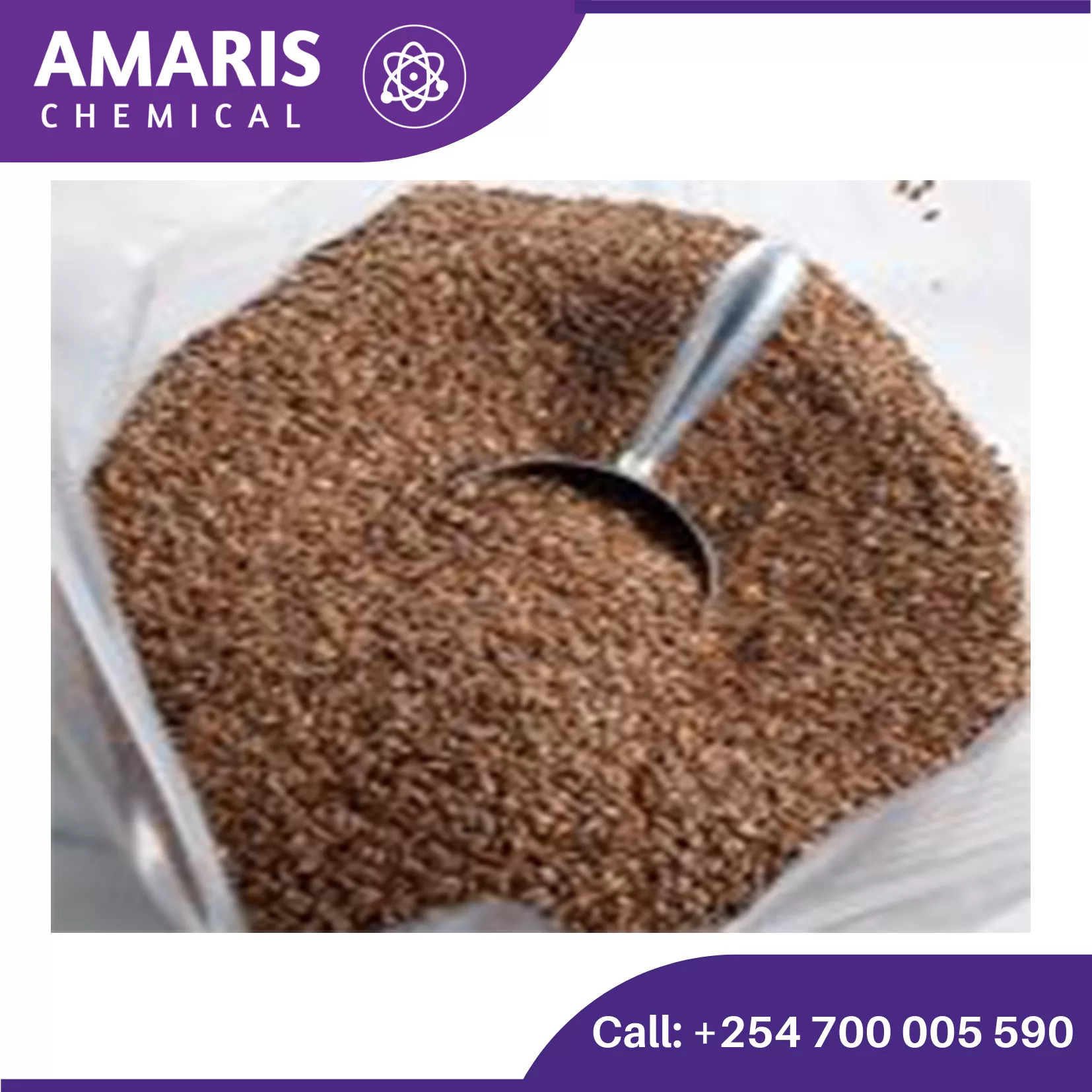
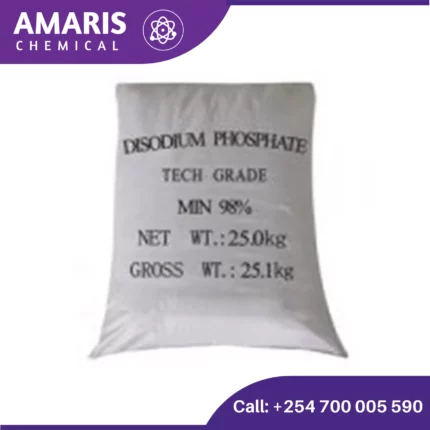
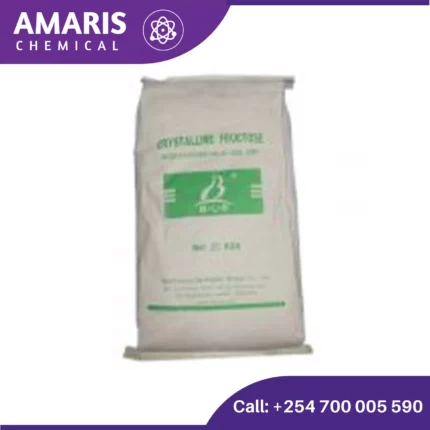



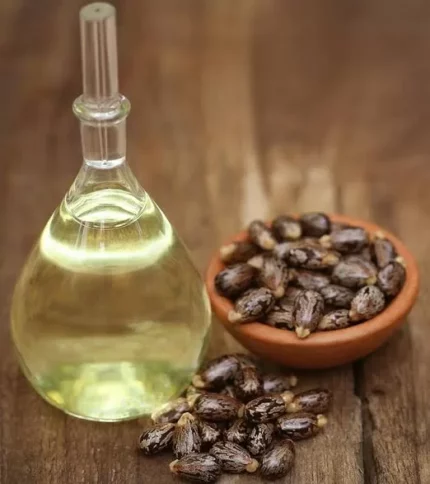
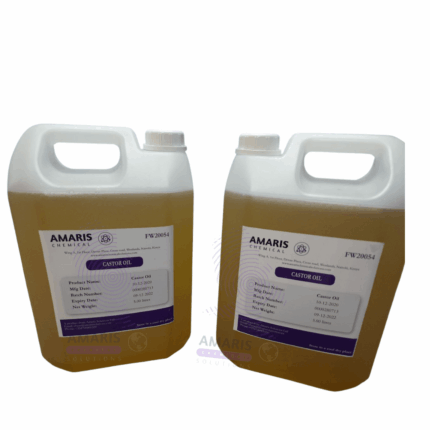
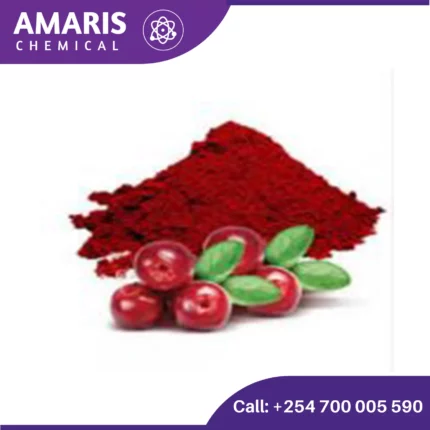
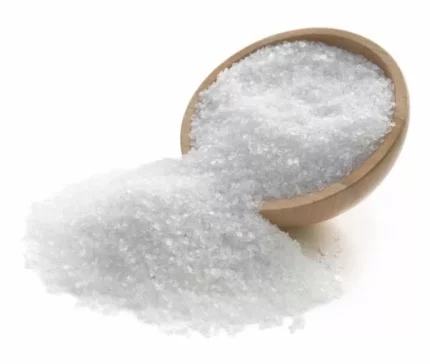
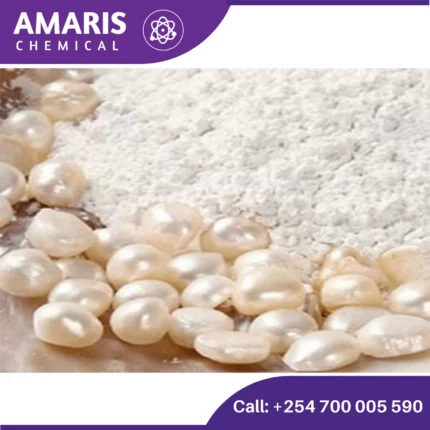

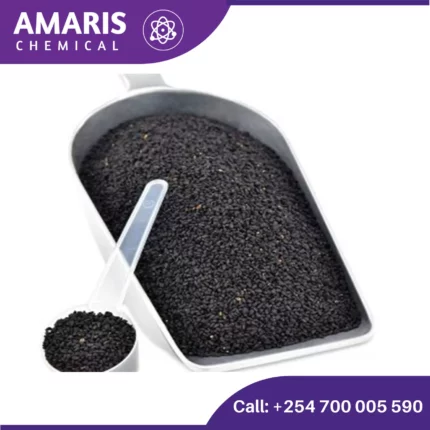







Reviews
There are no reviews yet.